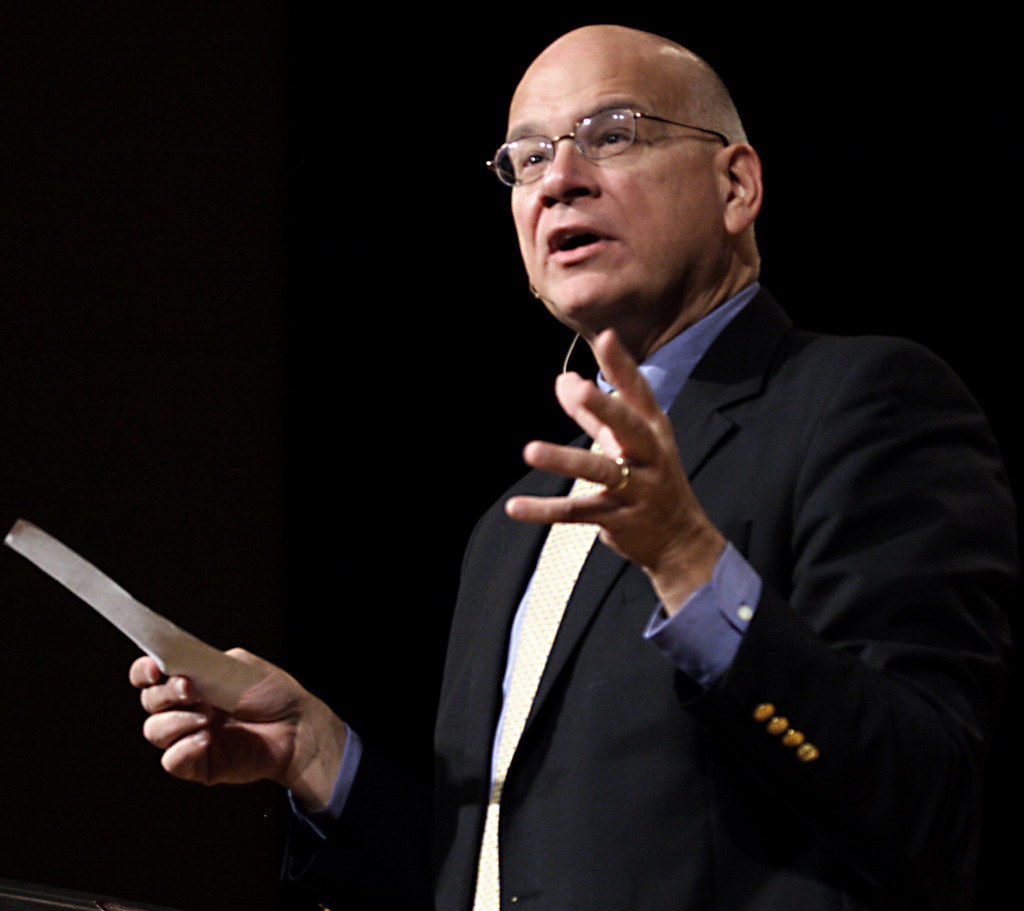character flaws
There are different ideas on a question like that - like perhaps some people say they are Christians but really are not. I certainly think that is possible, especially because of Matthew 7:21-23.
But he is my more full answer to that question (in which I will quote Timothy Keller's book lots without quotation marks!): A central message of the Bible is that we can only be saved/have a relationship with God by sheer grace. Growth in character is then a gradual process after someone receives God's gift of salvation through trusting in Jesus. This means that people do not have to "clean up their act" in order to become a Christian. So the church should naturally be filled with immature and broken people who still have a long way to go emotionally, morally, and spiritually.
Good character has a lot to do with a loving, safe, and stable family, upbringing, and social environment - and we cannot choose these conditions for ourselves. Many people have an unstable family background, poor role models, and a history of tragedy and disappointment. As a result, they are burdened with deep insecurities, hypersensitivity, and a lack of self-confidence. They may struggle with uncontrolled anger, shyness, addictions, and other difficulties as a result.
Now imagine someone with a very broken past becomes a Christian and over some time her character improves significantly over what it was. Nevertheless, she still may be less secure and self-disciplined than someone who has a very solid upbringing and family and past but who is not a Christian. Suppose you meet both people in the same week. Unless you know the starting point and journey of each person you might conclude that there is not enough evidence/fruit in the first person's life to show that they are really a Christian.
It is often the case (though certainly not always!) that people whose lives have been harder and who are "lower on the character scale" are more likely to recognize their need for God and turn to Christianity. So we should expect that many Christians' lives would not compare well with our own standards after coming from incredible families or with the standard of perfection which we can never attain which is why Jesus died to save us.





